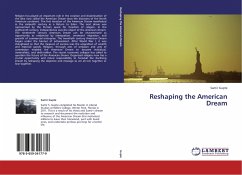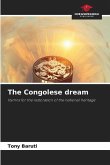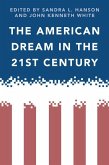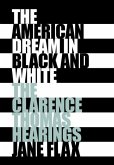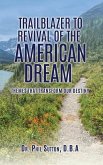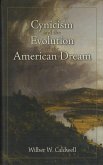Religion has played an important role in the creation and dissemination of the idea now called the American Dream since the discovery of the North American continent. The first iteration of the American Dream manifested in the sixteenth century as a Return to Eden. The next phase was represented by the Puritan quest for freedom of religion. In the eighteenth century, independence was the object of the American Dream. The nineteenth century American Dream can be characterized as opportunity as evidenced by immigration, westward migration, and growth of commercial enterprise. The twentieth century American Dream began under the banner of achievement. After World War I, it was shanghaied so that the measure of success was the acquisition of wealth and material goods. Religion, through acts of omission and acts of commission enabled the American Dream to become individual, materialistic, and debt-ridden. The recent economic collapse has called to question the future of the American Dream. Organized religion now has a crucial opportunity and moral responsibility to forestall the declining Dream by reshaping the objective and message so we all win together or lose together.
Bitte wählen Sie Ihr Anliegen aus.
Rechnungen
Retourenschein anfordern
Bestellstatus
Storno

